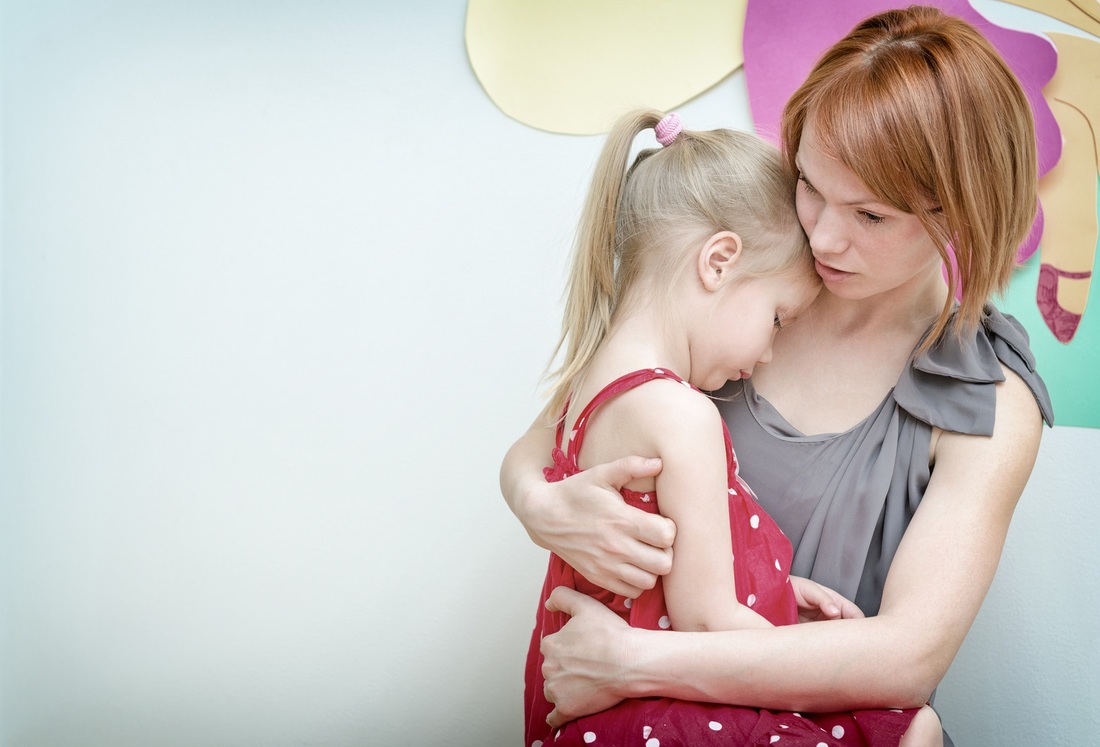|
If your child has sadly experienced the death of a loved one then you know only too well that it’s not an easy thing to talk about. Being open and honest in your communication helps immensely when a child is processing a loss.
The National Alliance for Grieving Children has a paper written by Pamela Gabbay which highlights the ten things grieving children want you to know. I have summarised as follows: 1. Grieving children want to be told the truth Give information but keep in mind the age and maturity level of the children as well as the circumstances of the death. Tailor the information accordingly, being as honest as you can. 2. Grieving children want to be reassured that there will always be someone to take care of them. Children are likely to frequently worry about other special people dying. Let them know that there will always be someone who loves and cares for them. Discuss a plan with another relative and let the children know what this plan is. 3. Grieving children want you to know that their grief is long lasting. The grief will last a lifetime. As the child grows and passes different developmental stages the grief will express itself in different ways. 4. Children often cope with grief and loss through play. As grief is such an overwhelming state, children need breaks from their grief. Children may act like nothing has changed one minute but soon after express their distress. Children may try to make sense of their loss through play. 5. Grieving children want you to know that they will always miss the person who died. Their love will never die. 6. Often, grieving children want to share their story and talk about the person who died. Allow children to tell their story as this can be beneficial to the healing process. They may be worried that other people are going to forget their loved one. Spend time sharing memories and consider putting together a memory box with special treasures such as photos or keepsakes. 7. Every child grieves differently. Some children may like to talk a lot while others may remain silent. There is no right or wrong way to grieve. Siblings may experience grief differently. This is OK. 8. Grieving children often feel guilty. Children may experience guilt. Even if there is no logical reason to feel this way. 9. Even though I might be acting out, what I’m really feeling is intense emotions of grief. The intense feelings associated with grief can be very difficult to cope with. A change in behaviour may result from not being able to cope with such big feelings. 10. If you’re not sure what a grieving child wants, just ask! Ask how you can help. Ask if the child wants to talk about the person who died. Some children won’t want to talk but would prefer to write, draw or express themselves in another creative outlet. As much as we try to protect our children from heartache, it cannot be avoided when a loved one dies. It is the adult’s role to try to support children as they grieve. This means that we need to listen without judgment. We need to answer their questions as best we can. Following the children’s lead and validating their emotions is to help them mourn is a healthy way. Comments are closed.
|
Categories
All
|
Hopscotch & HarmonyAt Hopscotch & Harmony Psychology, you can expect compassionate care and evidence-based guidance on your journey to wellness.
With clinics in Werribee and Belmont, as well as providing online counselling to clients who live throughout Australia, our dedicated team of psychologists and dietitians are committed to providing support to children, teenagers and adults. With a focus on understanding your unique needs, we offer tailored solutions to foster growth and resilience. Trust in our experience and dedication as we work together towards your well-being. Welcome to a place where healing begins and possibilities abound. |
Our services |
Contact usHopscotch & Harmony
Child, Teen and Adult Psychology Our Locations:
WERRIBEE: 1/167-179 Shaws Rd
BELMONT: 92 Roslyn Rd AUSTRALIA-WIDE: Online counselling |
Hopscotch and Harmony respectfully recognise the Aboriginal and Torres Strait Islander people as the first Peoples of the continent now called Australia.
We acknowledge the Bunurong and Wadawurrung people of the Kulin Nation, the traditional owners of the land on which we work, and pay our respects to their Elders, past, present and emerging.
© 2024 Hopscotch and Harmony Pty Ltd


 RSS Feed
RSS Feed
